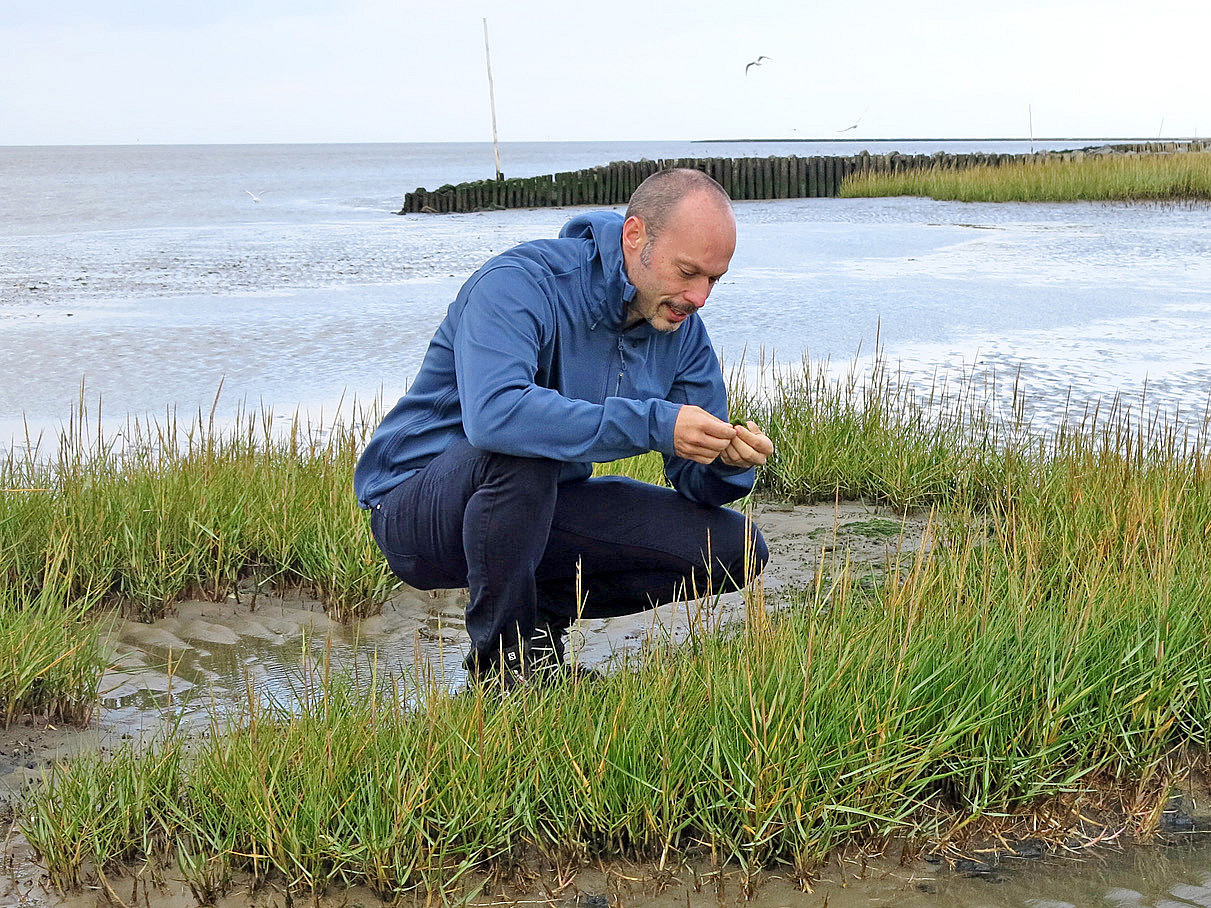There are not many people who would rate mites as particularly attractive creatures. For Tobias Pfingstl at the University of Graz’s Institute of Biology, however, they have a lot to offer. He is mainly interested in species that are endemic to coastal regions and are able to live both underwater and on land. They are the first to be affected by rising sea levels, and therefore also vulnerable to the effects of climate change. The latest research findings on the genetics and distribution of arachnids on the Japanese coast were published recently in Scientific Reports, a platform of the journal Nature and offer some insights into geographical and climatic changes.
“We studied several types of mites that are native to warm climate zones. Their distribution range has shifted strikingly over the last 1.5 million years, providing clear evidence of climatic changes,” explains Tobias Pfingstl. Genetic comparisons also showed that these arachnids have expanded their territory dramatically in the last 100,000 years. “Since they can neither fly, nor even crawl very far, they depend on water to be carried into new regions,” says Pfingstl. So these research findings are evidence of significant fluctuation in the sea level – apparently by as much as 200 metres since the last ice age.
The biologists’ conclusions from their study of mites may also be relevant to many other animal groups. Pfingstl and his team are continuing to record changes in the area of distribution, which will enable them to formulate prognoses for the entire coastal fauna.
The Japanese coastal regions are biotopes of particular interest to researchers, as they extend across several climate zones, and because the island geography means there are few opportunities for animals to migrate to other regions. “There are many species that have only survived in these areas, or which only evolved there at all,” explains Pfingstl. The biologists’ research project was funded by the Austrian Science Fund, and aims to study the entire biodiversity along the coast of this East Asian country.
